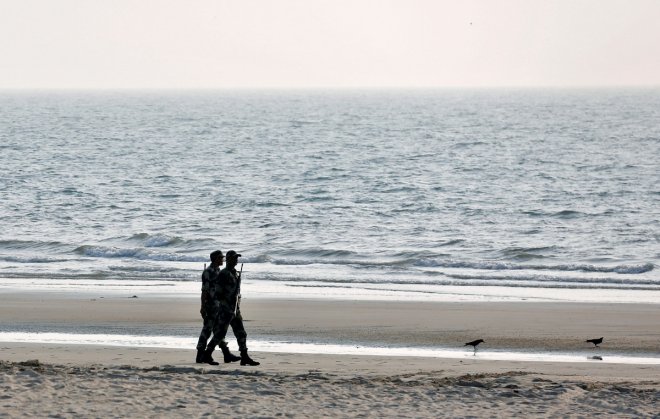
Hong Kong has closed more than a dozen beaches due to a palm oil spill that washed foul-smelling, Styrofoam-like clumps ashore, the latest environmental disaster to blight the territory's waters. The media reported that the accident happened on Thursday.
On Tuesday, the Chinese-controlled city closed two more beaches in the south of Hong Kong island. This latest closure brings the total shutdown beaches to 13.
Reports said that the incident took place after two vessels collided in the Pearl River estuary. Almost 1,000 tonnes of palm oil spilled into the water after the vessels collided. The government said that it took two days for mainland Chinese authorities to inform Hong Kong about the collision.
The spill has sparked outrage among some residents and environmentalists. It comes just a year after mountains of rubbish washed up on Hong Kong's beaches, with labels and packaging indicating most of it had come from mainland China.
The Hong Kong government said that it had collected 50 tonnes of palm oil so far, most of it congealed, while workers scooped up 110 bags of palm oil waste on one beach alone on the popular Lamma Island.
The Environmental Protection Department has collected water samples from affected beaches. They are planning to release the results later in the day.
According to the government statement, palm oil was non-toxic and harmless, but given the large amount that had washed up on beaches and the fact that the laboratory results were not yet available, the beaches would remain closed.
The coastal waters and beaches of Hong Kong are often strewn with rubbish from mainland China. The conservationists claim that some companies in China discharge waste into the sea to save the cost of proper disposal.
In 2012, hundreds of millions of tiny plastic pellets washed up on Hong Kong's beaches following a container spill during a typhoon, prompting a massive clean-up operation.









